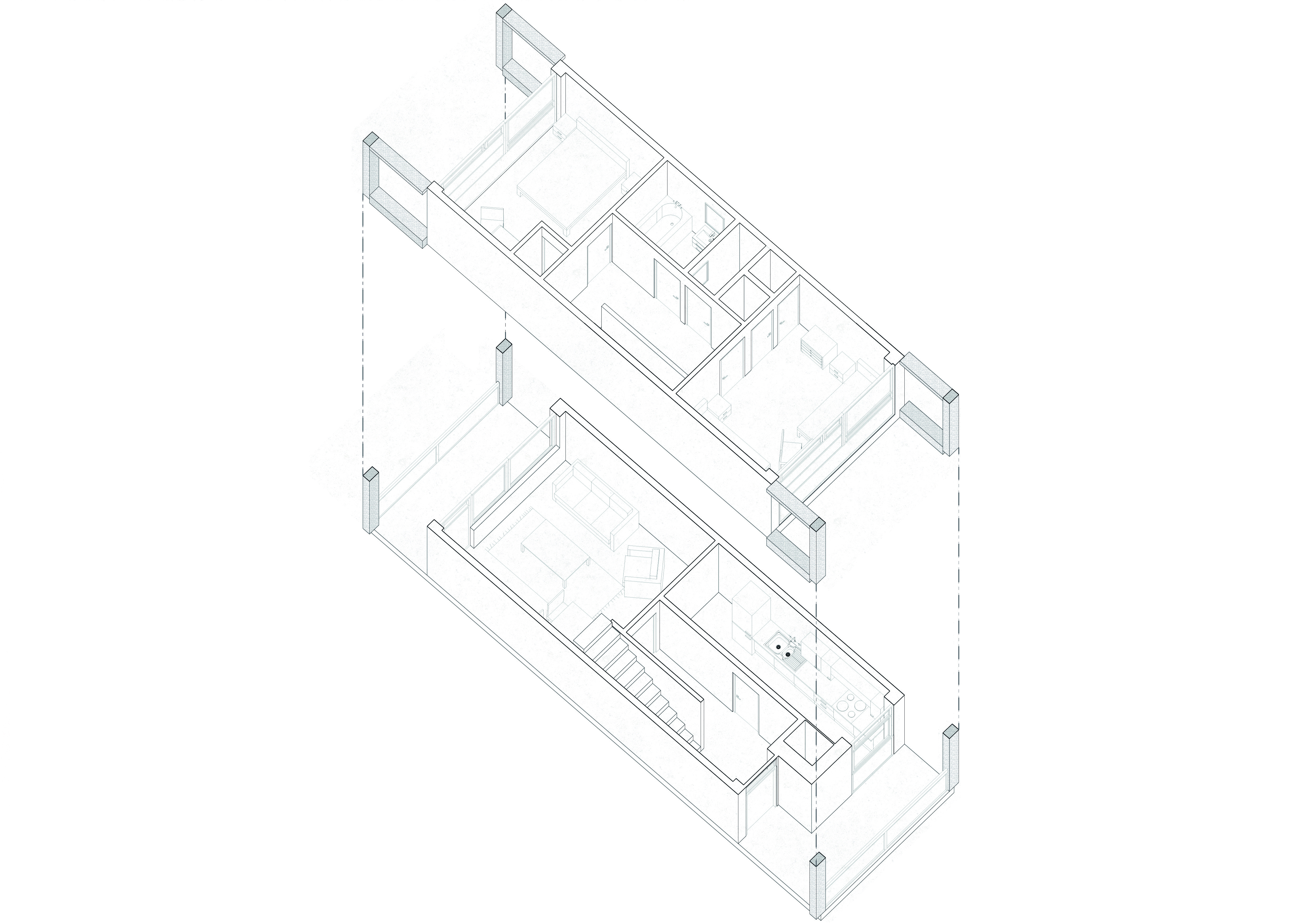
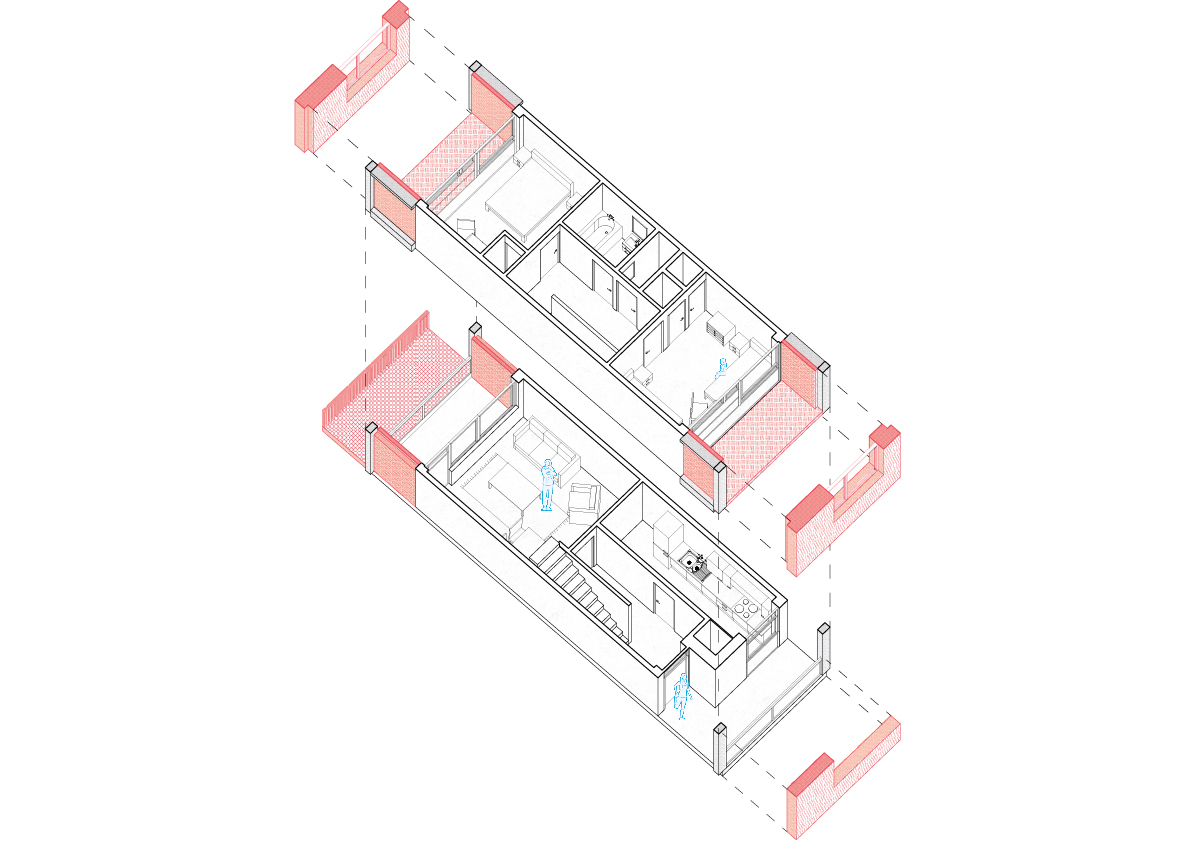
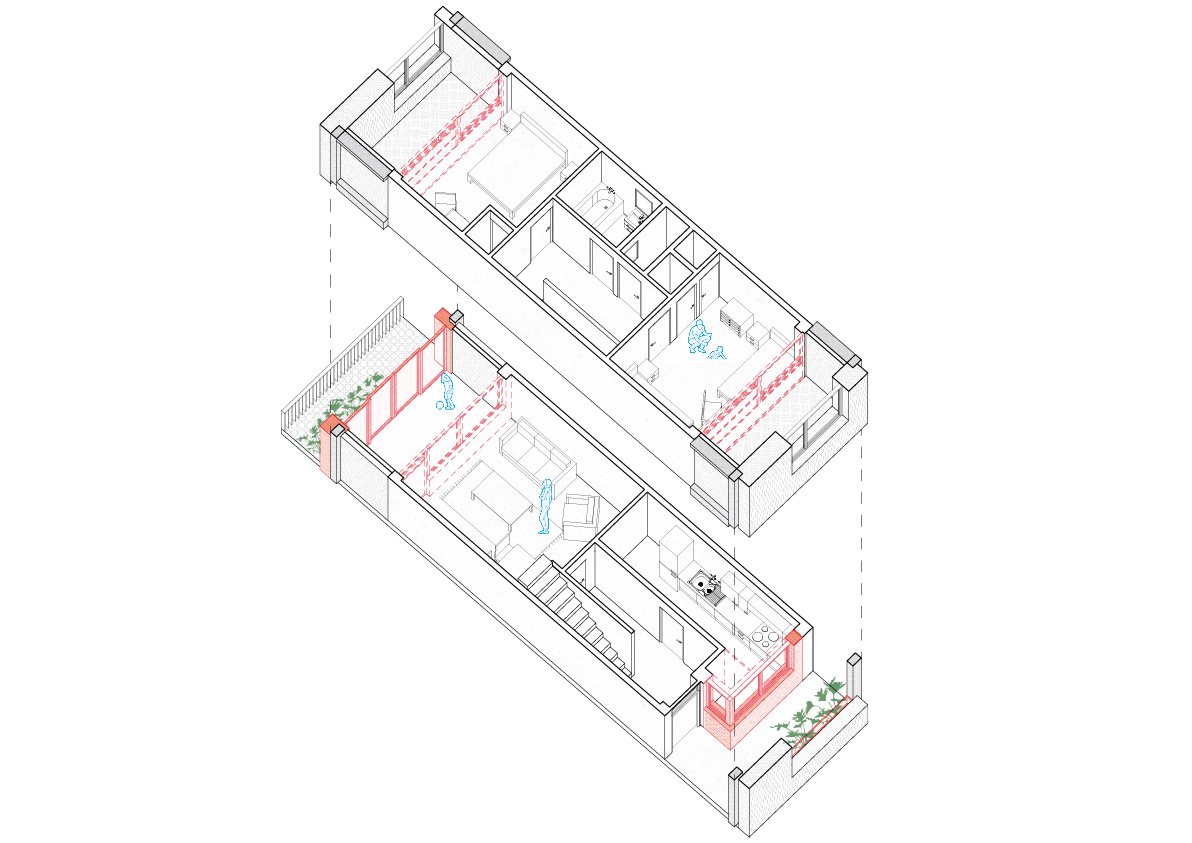
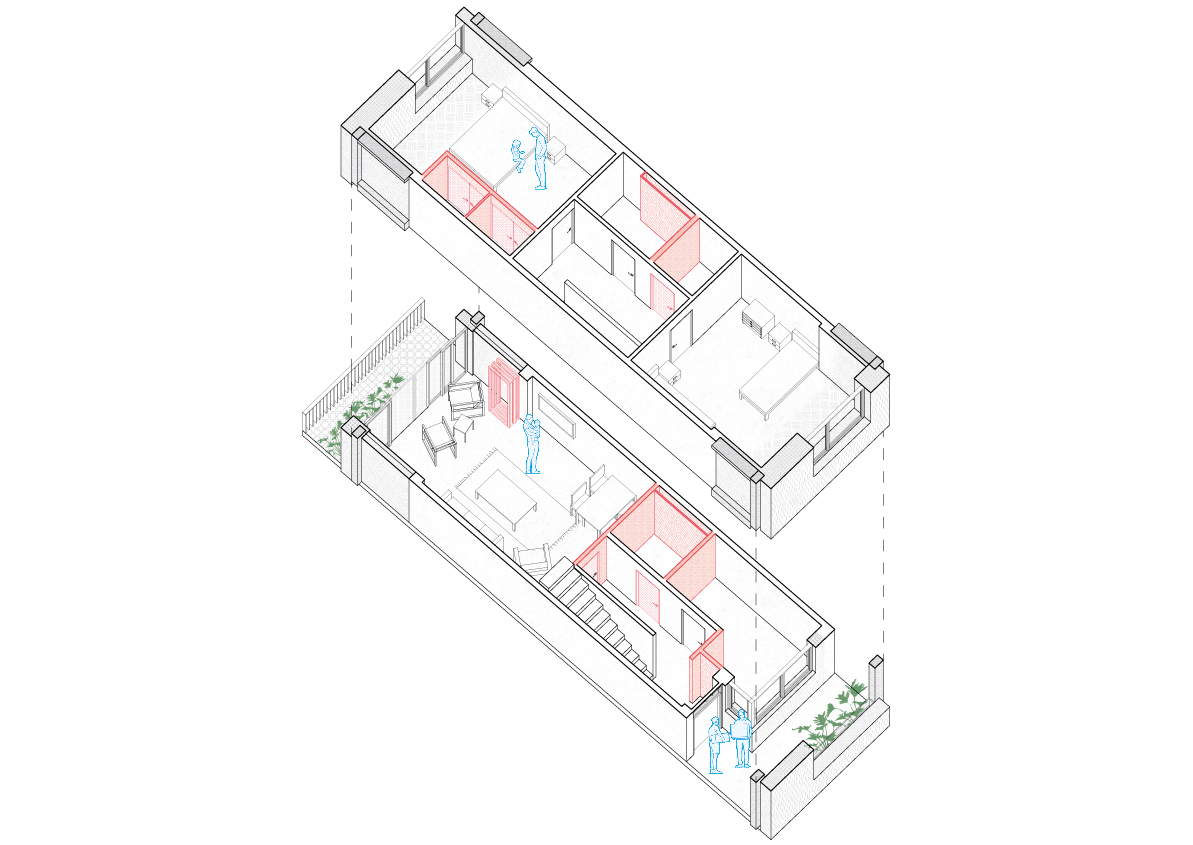
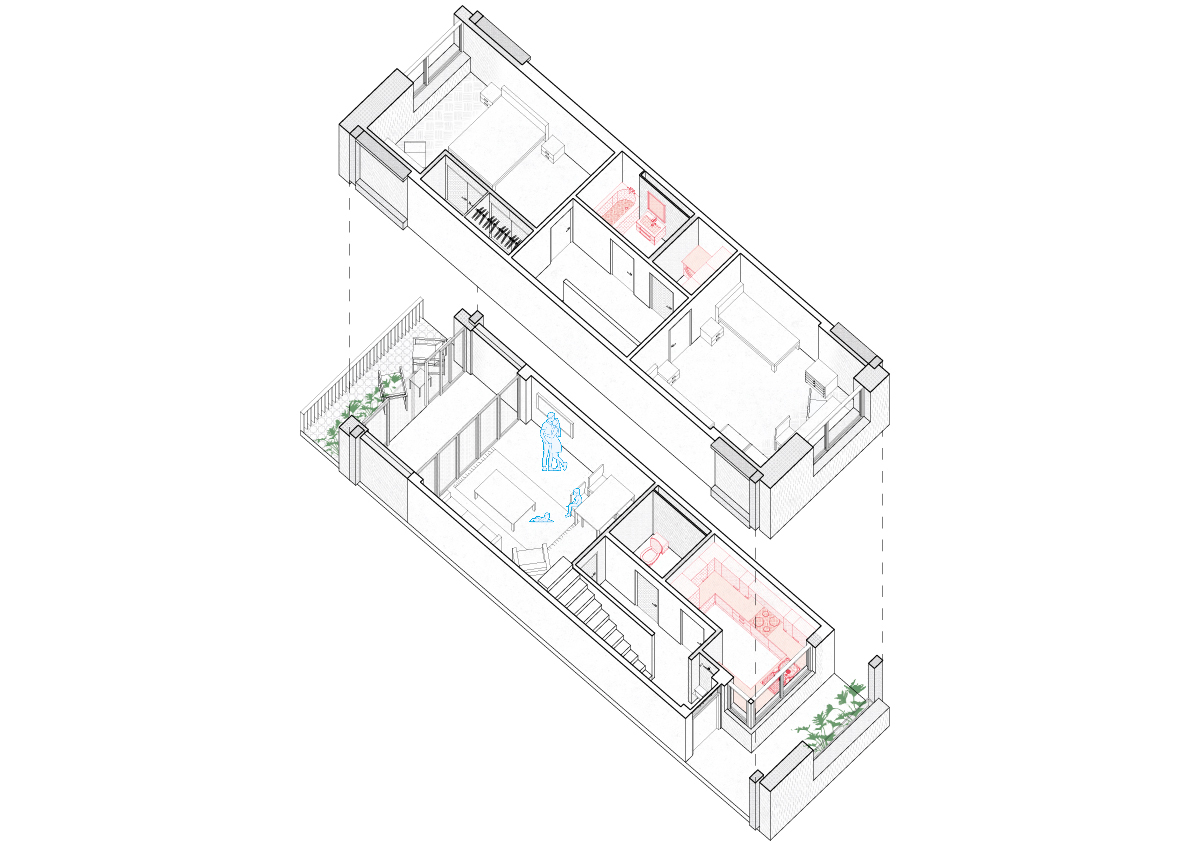
It is increasingly important to update our current housing stock as it will account for 85% of that in 2050 according to the CIOB. The social rented sector should be a priority as 17% of English households live in affordable homes (CIB). Figures show that these people have been disproportionately affected by Covid-19 and other health issues due to poor ventilation, refuse strategies, damp and overcrowding.
It should be noted that this is not a Covid-19 issue but one that has been highlighted by the pandemic. These problems are being tackled through initiatives such as the housing act, decent homes policy and updated building standards. Nevertheless, the reality is that tenants are submissive to their housing association or landlord due to opposing laws creating a legal stalemate, and fear of having to pay court fees. Instead of making it the tenants’ responsibility, these standards should be actively implemented by the authorities. Our efforts to improve future homes will be hugely compounded by disparities within social housing; f we rigorously improve our current housing stock alongside building new homes, this will go some way to overcome hurdles such as climate change and population increase that we face in the next 30 years.
Although social and low-quality private rental sectors need the most intervention, around the UK people are pursuing better quality environments as they are spending more time at home. This is important to fulfil due to the increasing threat of pandemics, as well as adverse weather and natural disasters as a result of climate change, requiring our homes and neighbourhoods to be resilient for the future. In 2050 the BRE Group estimates that the most common house type will still be the family semi-detached house built between 1919 -1964 and roughly 3 million pre 1919 terraced houses will remain. Although relatively space hungry compared to flats, we should, as architects consider their successful characteristics so readily experienced during lockdown such as delineated spaces, large amenity, neighbourly arrangement and adaptability.
Previously, what we consider our home does not extend beyond the lines of our property, however during lockdown we have seen people connecting with neighbours and utilising front gardens and pavements. Giving people more freedom to take care of and modify their immediate locality would be a powerful mechanism for creating spaces that can act as an extension of the home by being more tailored to our needs. This could range from planting more trees to pedestrianizing streets and would lead to a resident led revolution to create better living environments.
To me, creating civilised cities is bringing our society to a place where everyone can enjoy living in a community equally and fairly. It is our duty as architects and designers to produce not only physical interventions but strategies to tackle existing issues using opportunities that have surfaced during Covid-19. For example, we could turn dormant infill sites into temporary private gardens for those living in nearby estates, or with reduced reliance on high streets and offices we could reassign parts of buildings to relieve homelessness and overcrowding. Ultimately, it seems that we have the means to provide high quality housing for all, however it is now more important than ever to be more innovative and inclusive in design to deliver this for the future.





How can we help?
Please get in touch if you’d like to know more about us and how we work with our clients, consultants and colleagues.